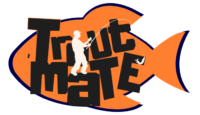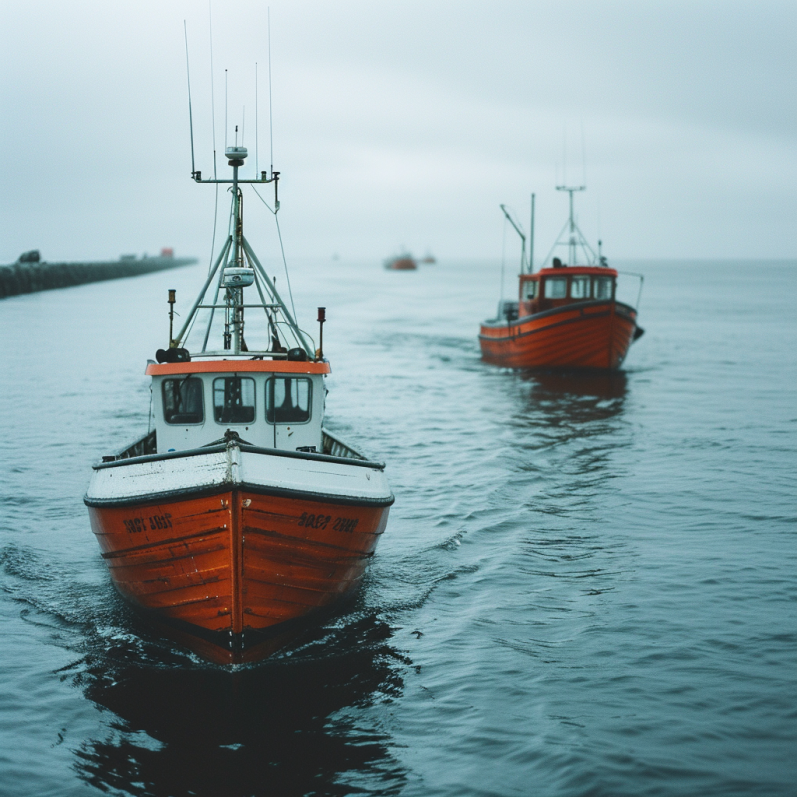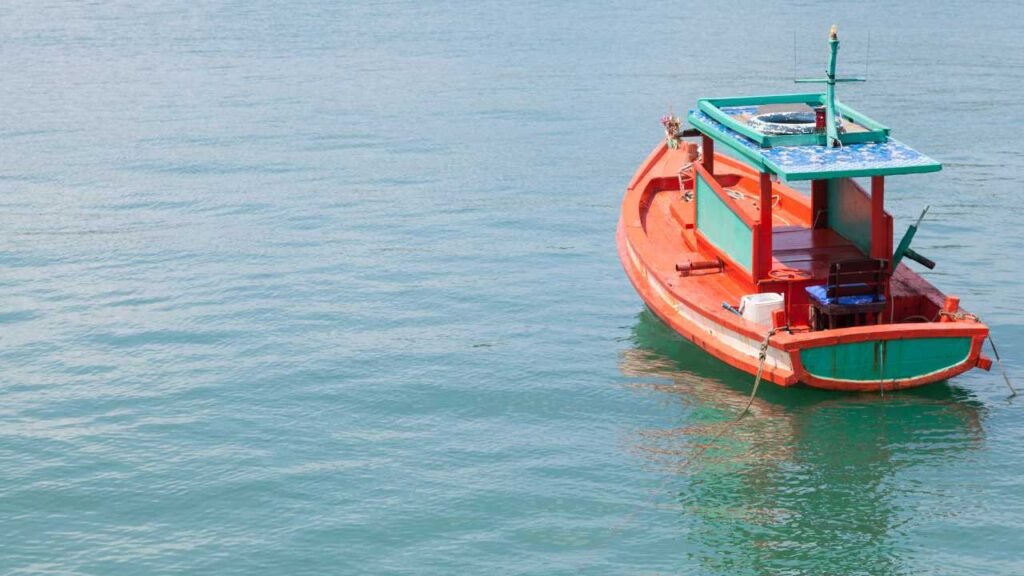Boaters should slow down while passing recreational fishing boats to prevent accidents and minimize wake disturbances. Reducing speed ensures the safety of everyone on the water.
Boaters share the waters with various recreational activities, including fishing. Slowing down near fishing boats is crucial for safety. High speeds can create large wakes, which may disrupt fishing activities and potentially capsize small vessels. Respecting fishing zones and maintaining a cautious speed helps protect both anglers and their equipment.
It also minimizes the risk of collisions and promotes a peaceful coexistence on the water. Practicing considerate boating habits contributes to an enjoyable and secure experience for everyone involved.
Boating Regulations
Boating regulations are essential for safety on the water. They ensure everyone follows the same rules. Understanding these regulations can help boaters avoid accidents and fines. This includes knowing the laws around speed limits and local laws.
Speed Limits
Speed limits on the water are there for a reason. High speeds can create large wakes. These wakes can tip over smaller boats. Slowing down helps prevent accidents. It also reduces noise and pollution. Many areas have specific speed limits for different zones. Always check the posted signs. Follow them to keep everyone safe.
Local Laws
Local laws can vary from one place to another. Some areas may have stricter rules. Boaters must be aware of these laws. They help protect both people and wildlife. Breaking these laws can result in hefty fines. In some cases, you could lose your boating license. Always stay informed about the local regulations. It ensures a safer experience for everyone.
Here are some key points to remember:
- Always check for posted speed limits.
- Follow local boating laws.
- Slowing down helps prevent accidents.
- Be mindful of smaller boats and wildlife.
By following these regulations, boaters can enjoy a safer day on the water.
Hazards Of High Speed
Boaters must understand the hazards of high speed when passing recreational fishing boats. High speeds create dangerous situations for everyone on the water. Slowing down ensures safety and prevents accidents.
Wake Damage
High speeds create large wakes. These wakes can cause significant wake damage. Fishing boats are often smaller and less stable. A large wake can easily rock them, causing loss of balance.
- Wake damage can harm fishing gear.
- It can also splash water into the boat.
- This makes the fishing experience unpleasant.
By slowing down, boaters can minimize wake size. This helps protect fishing boats and their equipment.
Capsizing Risks
High speeds increase the risk of capsizing risks. Smaller fishing boats are more vulnerable to capsizing. A large wake can tip them over.
Capsizing can lead to:
- Injury or even drowning.
- Loss of valuable fishing equipment.
- Endangering the lives of those on board.
By reducing speed, boaters can prevent these risks. Safety should always be a priority on the water.
In summary, slowing down when passing fishing boats is crucial. It prevents wake damage and reduces capsizing risks, ensuring a safer environment for all.
Impact On Recreational Fishing
Recreational fishing is a popular pastime for many. Boaters need to be mindful when passing fishing boats. Speeding past them can cause significant disruptions. Slowing down ensures a better experience for all. This section explores the impact on recreational fishing.
Fish Behavior
Fast-moving boats can scare fish away. Sudden water movements disturb their habitat. Fish can become stressed and hide. This makes catching them harder for anglers. By slowing down, boaters help maintain a calm environment. This increases the chances of a successful fishing trip.
Fishing Gear Safety
High speeds can damage fishing gear. Lines can get tangled or snapped. Anchors can be dislodged, causing frustration. Slower speeds reduce these risks. It allows anglers to enjoy their activity without worry.
| Impact | Description |
|---|---|
| Fish Scaring | Fast boats scare fish, making them harder to catch. |
| Gear Damage | High speeds can tangle or break fishing lines. |
| Anchor Issues | Quick movements can dislodge anchors, causing problems. |
- Slowing down helps maintain a calm fishing environment.
- Minimizes the risk of damaging fishing gear.
- Improves the overall fishing experience for everyone.
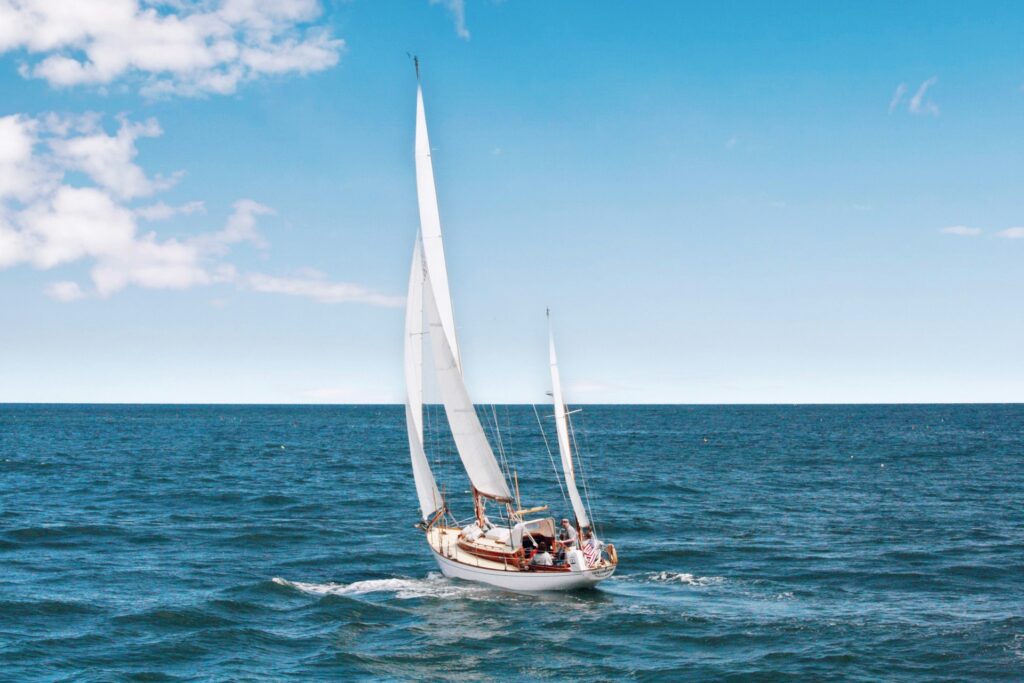
Credit: trident-marine.com
Environmental Considerations
Boaters should always consider the environment when passing recreational fishing boats. Their actions can have lasting impacts on the ecosystem.
Erosion Issues
One major concern is erosion. Fast-moving boats create large waves. These waves hit the shore with force. They cause the soil to wash away. Over time, this erosion can damage habitats. It can also make the water cloudy. This affects the plants and animals living there.
Wildlife Protection
Wildlife needs calm waters to thrive. Fast boats can scare animals. Birds may fly away from nests. Fish might leave their feeding grounds. This disruption can harm their survival. In some areas, it can even affect the breeding patterns of certain species.
Boaters should understand their speed impacts the environment. Slowing down helps protect nature. It ensures that both boaters and wildlife can enjoy the water.
Safety Precautions
Boaters must slow down while passing recreational fishing boats for safety. Slowing down reduces risks of accidents and injuries. It also helps protect the environment and wildlife.
Communication Signals
Clear communication is essential on the water. Boaters should use hand signals and horns to communicate. This helps avoid misunderstandings and accidents.
Here are some common signals:
- One short blast: “I am altering my course to starboard.”
- Two short blasts: “I am altering my course to port.”
- Three short blasts: “I am operating astern propulsion.”
- Five short blasts: “Danger! I do not understand your intentions.”
Proper Distance
Maintaining a safe distance is crucial. Boaters should stay at least 100 feet away from fishing boats. This helps prevent wake damage and disturbances.
Avoid sudden maneuvers near fishing boats. Slow and steady movements ensure safety. Boaters should also be aware of fishing lines and gear in the water.
| Distance | Action |
|---|---|
| 100 feet | Slow down and proceed with caution |
| 50 feet | Avoid creating a wake |
| 30 feet | Stop if necessary |
Following these guidelines ensures a safe and enjoyable experience for everyone.
Real-life Incidents
Boaters should slow down while passing recreational fishing boats to prevent accidents and ensure everyone’s safety. Reducing speed minimizes wake, which can destabilize smaller vessels and cause harm.
Case Studies
In numerous real-life incidents, failure to slow down while passing recreational fishing boats has led to collisions and serious accidents.
Lessons Learned
These incidents serve as valuable lessons for all boaters on the importance of reducing speed when approaching and passing fishing boats.
Promoting Safe Boating
Boating is fun, but safety is key. Boaters must always prioritize safe boating. One crucial aspect is slowing down near recreational fishing boats. It ensures the safety of everyone on the water.
Community Efforts
Many communities work together to promote safe boating. Local authorities often set speed limits. These limits keep everyone safe. Community groups also raise awareness. They inform boaters about the importance of slowing down.
| Community Initiative | Details |
|---|---|
| Speed Limit Signs | Placed in popular boating areas |
| Safety Campaigns | Conducted during peak boating seasons |
Educational Programs
Educational programs play a big role in safe boating. They teach boaters the rules and best practices. Many programs offer hands-on training. This practical experience is invaluable.
- Online courses about boating safety
- Workshops organized by local marinas
- Seminars by experienced boaters
These programs often include interactive sessions. Boaters learn about the dangers of high speeds. They also learn how to navigate safely near fishing boats.
Slowing down while passing recreational fishing boats is essential. It keeps everyone safe and helps prevent accidents. Safe boating is a shared responsibility. By participating in community efforts and educational programs, we can all enjoy the water safely.
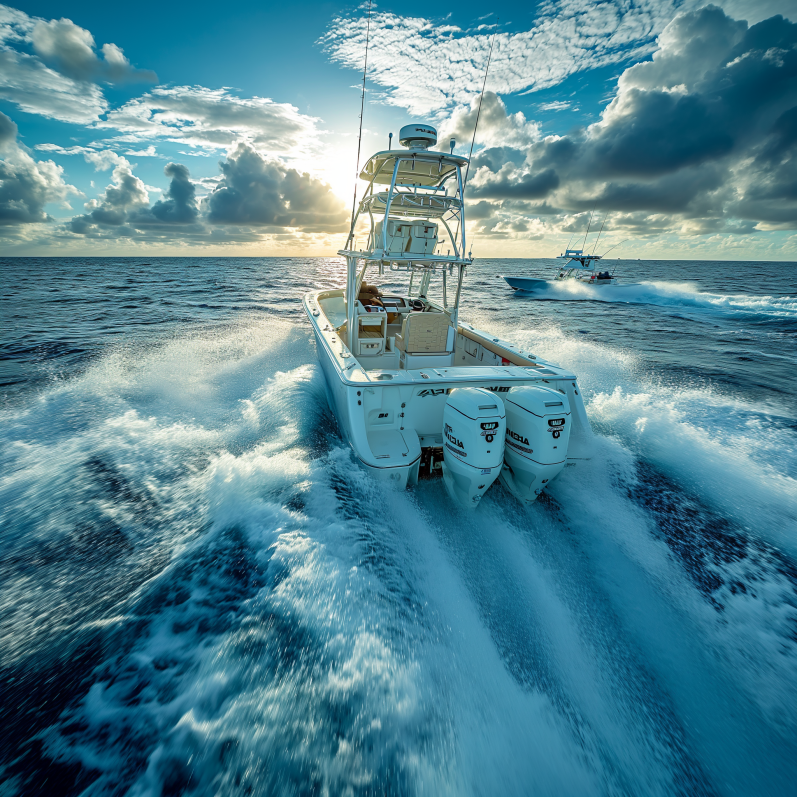
Credit: blacklabelmarinegroup.com
Slowing down near recreational fishing boats ensures safety and respect on the water. It reduces accidents and disturbances. Boaters can enjoy a peaceful environment while protecting marine life. Always be considerate and cautious to foster a harmonious boating experience. Safe boating practices benefit everyone on the water.
FAQs:
Why Should Boaters Slow Near Fishing Boats?
Slowing down reduces wake, which prevents disturbing fishing activities. It also ensures the safety of both boaters and anglers.
What Are The Risks Of Not Slowing Down?
Not slowing down can cause accidents, damage to boats, and disturb the water. It increases the risk of injury to anglers.
How Does Wake Affect Fishing Boats?
Wake can cause fishing boats to rock, leading to lost bait or gear. It may also scare away fish.
Are There Legal Consequences For Not Slowing Down?
Yes, many areas have laws requiring boats to slow down near fishing vessels. Fines and penalties may apply.
